How is AI code generation revolutionizing software development processes?
 FxisAi - Yagnesh Pandya
FxisAi - Yagnesh Pandya 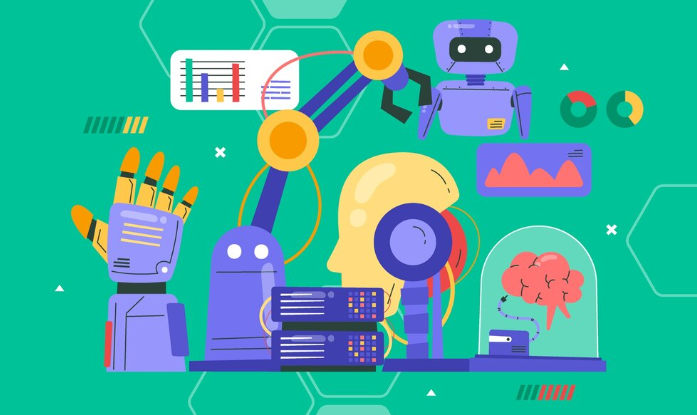
Introduction
In the rapidly evolving landscape of software development, artificial intelligence (AI) is emerging as a game-changer, revolutionizing traditional coding practices and processes. AI-powered code generation tools leverage advanced machine learning algorithms to automate various aspects of software development, from writing code snippets to optimizing performance.
In this comprehensive article, we will explore the transformative impact of AI code generation on software development processes, examine its key benefits and challenges, and delve into the implications for developers and organizations.
Understanding AI Code Generation
AI code generation refers to the use of machine learning algorithms, particularly deep learning models, to automatically generate code snippets, scripts, or entire programs based on input specifications or requirements. These algorithms are trained on large datasets of code repositories, programming languages, and software projects, enabling them to learn patterns, syntax, and best practices for code generation.
Automating Repetitive Tasks
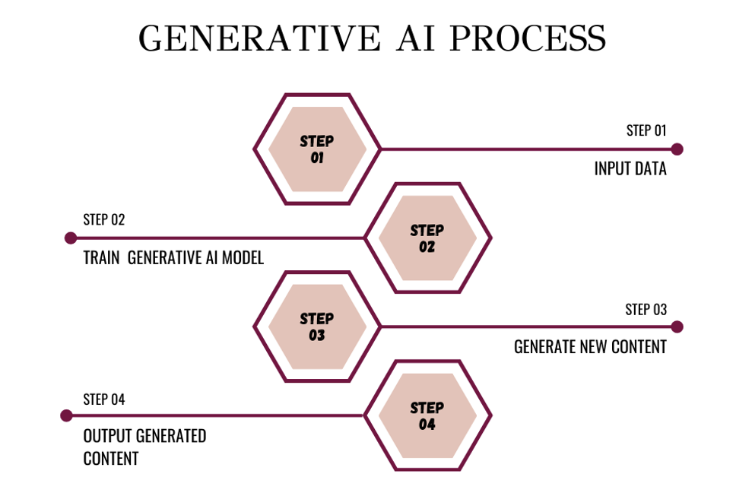
Boilerplate Code:
AI code generation tools can automate the generation of boilerplate code, such as class definitions, function prototypes, and variable declarations, saving developers time and effort on repetitive coding tasks. By automatically generating boilerplate code, developers can focus on implementing core functionality and logic, accelerating the software development process.
Code Refactoring:
AI code generation tools can assist developers in refactoring existing codebases by automatically identifying and suggesting improvements, such as removing duplicate code, optimizing performance, and enhancing readability. Automated code refactoring improves code quality, maintainability, and scalability, making software projects more robust and efficient.
Enhancing Productivity and Efficiency
Rapid Prototyping:
AI code generation enables rapid prototyping and iteration, allowing developers to quickly generate code snippets or prototypes based on design mockups, user stories, or requirements documents. Rapid prototyping facilitates collaboration between developers, designers, and stakeholders, enabling faster feedback loops and iterative development cycles.
Code Completion and Suggestions:
AI-powered code editors and integrated development environments (IDEs) offer intelligent code completion and suggestions based on context, syntax, and user behavior. These tools help developers write code more efficiently, reducing errors, and increasing productivity by providing real-time guidance and assistance.
Improving Code Quality and Consistency
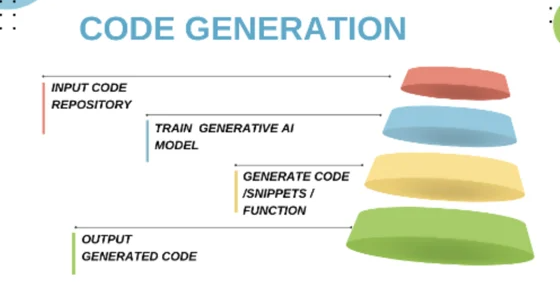
Error Detection and Prevention:
AI code generation tools can analyze code in real-time to detect errors, bugs, and vulnerabilities, providing proactive suggestions and alerts to help developers address issues before they escalate. By identifying potential errors early in the development process, AI-powered tools improve code quality, reliability, and security.
Consistency and Standardization:
AI code generation promotes consistency and standardization across software projects by enforcing coding conventions, style guidelines, and best practices. Automated code generation ensures that codebases adhere to predefined standards, making them easier to maintain, debug, and scale over time.
Enabling Cross-Language and Cross-Platform Development
Multi-Language Support:
AI code generation tools support multiple programming languages, enabling developers to generate code in languages they may not be proficient in. This facilitates cross-language development and interoperability, allowing teams to leverage the strengths of different programming languages and frameworks for specific tasks or components.
Cross-Platform Compatibility:
AI code generation enables developers to generate code that is compatible with multiple platforms and environments, such as web, mobile, desktop, and cloud. By abstracting platform-specific details and dependencies, AI-powered tools streamline cross-platform development, reducing time-to-market and development costs.
Challenges and Considerations
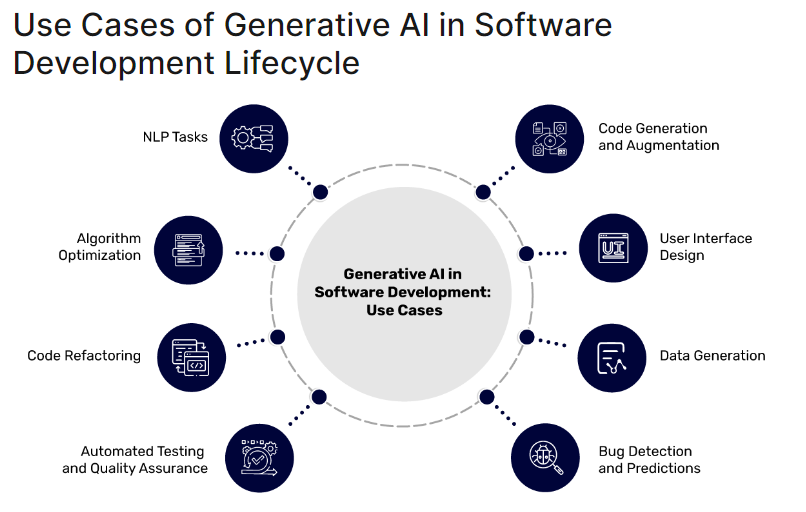
Accuracy and Reliability:
Despite significant advancements, AI code generation tools may still produce code that is not always accurate or reliable, particularly for complex or domain-specific tasks. Developers must carefully review and validate AI-generated code to ensure correctness, performance, and security.
Bias and Limitations:
AI code generation models may exhibit biases or limitations inherent in the training data, leading to issues such as code duplication, overfitting, or incorrect assumptions. Developers must be aware of these biases and limitations and take steps to mitigate them through careful training data selection, model tuning, and validation.
Ethical and Legal Implications:
The use of AI code generation raises ethical and legal implications related to intellectual property rights, copyright infringement, and code ownership. Developers must adhere to ethical guidelines and legal frameworks governing the use of AI in software development to avoid potential legal disputes or violations.
Future Directions and Opportunities
Advancements in Natural Language Processing (NLP):
Future advancements in natural language processing (NLP) could enable AI code generation tools to understand and interpret natural language specifications or requirements more accurately, leading to more intelligent and context-aware code generation.
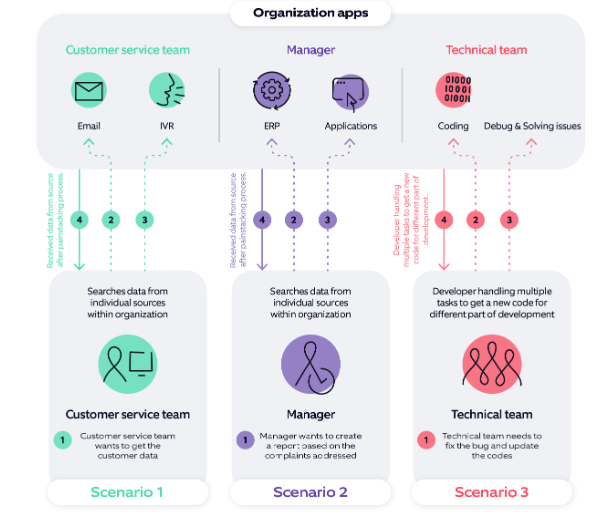
Integration with DevOps Practices:
AI code generation tools will increasingly be integrated into DevOps practices, enabling continuous integration, automated testing, and deployment pipelines. By automating repetitive coding tasks and streamlining development workflows, AI-powered tools will enhance the efficiency and agility of DevOps processes.
Customization and Personalization:
AI code generation tools may evolve to provide more customization and personalization options, allowing developers to tailor code generation models to specific project requirements, programming paradigms, or coding styles. Customizable AI models will empower developers to create code that reflects their unique preferences and preferences.
Conclusion
AI code generation is transforming the landscape of software development, enabling developers to automate repetitive tasks, enhance productivity, and improve code quality.
By leveraging AI-powered tools, organizations can accelerate the software development process, reduce time-to-market, and deliver more robust and reliable software solutions.
As AI technology continues to advance, the future of software development holds exciting possibilities for innovation, collaboration, and creativity, ushering in a new era of intelligent and efficient coding practices.
For more insights into AI|ML and Data Science Development, please write to us at: contact@htree.plus| F(x) Data Labs Pvt. Ltd.
#AICodeGeneration #SoftwareInnovation #TechRevolution #FutureOfCoding 🚀🤖
Subscribe to my newsletter
Read articles from FxisAi - Yagnesh Pandya directly inside your inbox. Subscribe to the newsletter, and don't miss out.
Written by

FxisAi - Yagnesh Pandya
FxisAi - Yagnesh Pandya
Business Developer with IT - AI & Data Science